In the 1980s, the southwestern border was still being harassed by the enemy, the fate of the nation was threatened. The safety of our people needed to be protected, the borders of our country needed to be preserved. I took up arms to protect my homeland when I was 18 years old, my companions who went with me were not yet 18 years old, had never held a girl's hand.
Soldier's life
I was born in Dien Ban district, Quang Nam province, orphaned from a young age, and spent my childhood following my mother to flee from the enemy everywhere. When peace was restored (in 1975), my family moved to Duc Linh district, Thuan Hai province (now Binh Thuan province) for a new economic zone. At that time, Duc Linh had a very difficult life. When I was a teenager, I was skinny and small, but my patriotism and hatred for the enemy were second to none.
At the end of 1984, I was drafted into the army and received the call-up order. In the second half of January 1985, I left. On the day of departure, my mother cried a lot, perhaps she had a premonition that the place that would welcome her son would be the dangerous Cambodian battlefield (K battlefield). I reassured her: "Mom and the younger siblings stay home and take care of your health, I will return safely." The car started moving, my mother stood still and watched, her thin figure disappearing behind the dusty road. Tears welled up in my eyes, not because I was afraid of death, afraid of the dangers of war, but because I felt sorry for my old mother and younger siblings waiting at home...
After more than 2 months of training at the military school, I was assigned to Platoon 1, Firepower Company 12C, Battalion 6, Regiment 94, Division 307 under Military Region 5. The car took us through Le Thanh border gate ( Gia Lai province), then crossed the Mekong River by raft in the dark.
Following the red dirt road 126 along the Cambodian-Laotian border, we headed to Preah Vihear province, located close to the Thai border, where many fierce battles had taken place. We came to destroy the remnants of Pol Pot hiding here, protect the border and defend the border from afar...
The place where I was stationed was on the Dangrek mountain range (more than 500 m above sea level, about 400 km northeast of Phnom Penh). The first night on this border battlefield, I stood guard at the 545 checkpoint, all around was quiet, the night was getting late, the first moon of the month was about to set on the hill, only the chirping of insects and a few startled nocturnal birds made the space even more gloomy. Suddenly a cold series of bullets poured into the checkpoint, I opened fire towards the border and alerted my comrades to fight.
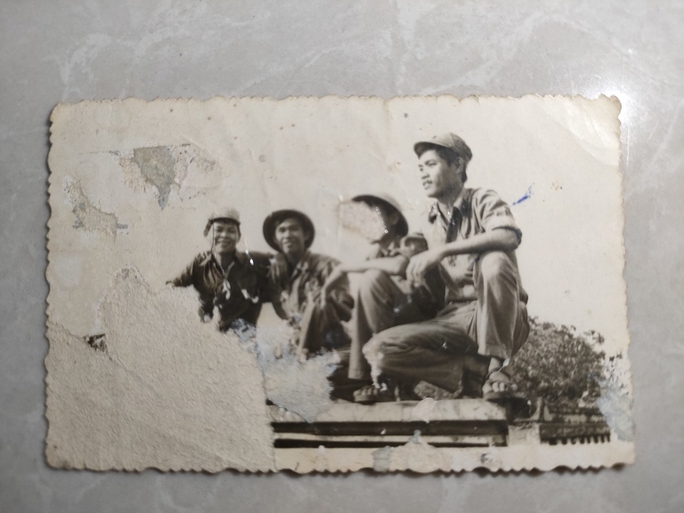
Veteran of the K battlefield Nguyen Van Lai (2nd from left) with his comrades
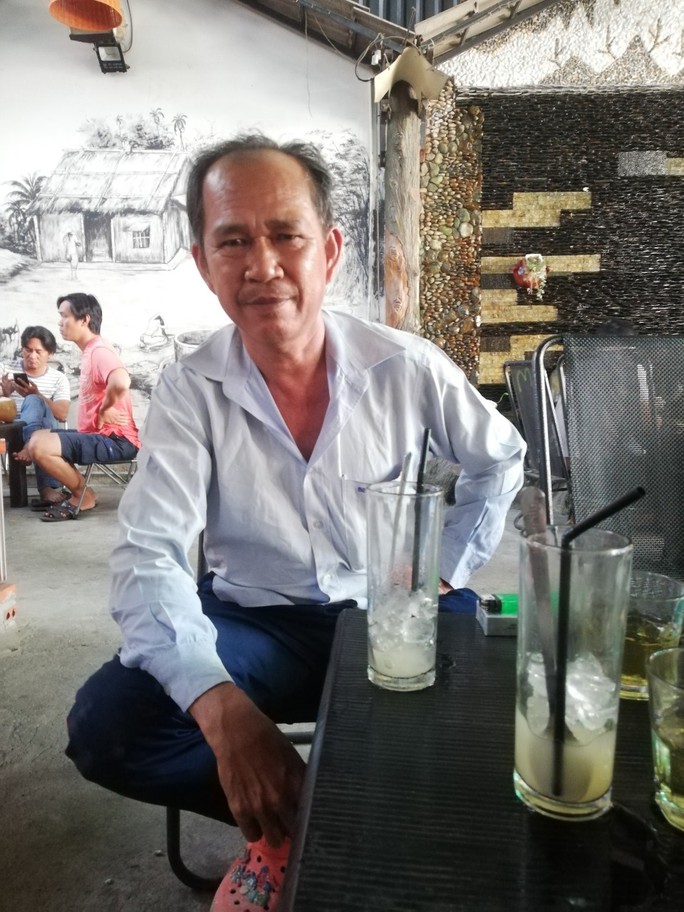
Veteran Nguyen Van Lai talks about the old battlefield (Photo provided by veteran Nguyen Van Lai)
Border guard
My military career began with a face-to-face battle with the enemy on the first night of guarding the border post. Both sides surrounded, fought and returned fire with fierce volleys until almost dawn, when our heavy mortar fire supported the enemy and they retreated.
The dry season of 1985, at the Preah Vihear border, was very harsh, the sun was scorching, the grass and trees were withered, we lacked drinking water, our throats were burning with thirst, and the supply route was cut off by the enemy ambush. The fiercest battles were the battles to hold checkpoints 545, 562 and the checkpoints on the Dangrek range along the Preah Vihear border. When our army set up the checkpoints and handed them over to the Cambodian liberation army to guard, Pol Pot's army came to attack and occupy the checkpoints, we had to fight with all our might. The battle raged fiercely from the dry season to the rainy season, until the engineers coordinated with heavy artillery and mortars, and we were able to push Pol Pot's army out of the border.
As soldiers, we faced the enemy every day, death was a daily occurrence, some of my comrades left a part of their body here, some will forever remain in this remote border area. For me, those were the most intense days, a part of my youth was left here.
Season after season passed, we always had guns in our hands, ready to fight: capturing posts, holding posts, clearing roads, organizing ambushes, detecting mines... I can't remember how many battles we fought. Time seemed to have no meaning to us, because day and night we were always at posts and in bunkers fighting. Fighting made us more experienced, not afraid of death, no longer having time to miss home, miss our homeland. We no longer knew the days and months, only knew the two seasons of sun and rain, and all around us were guns and bullets, the smell of gunpowder and the smoke of war!
During the rainy season of 1986-1987, we were still fighting in Preah Vihear. The afternoons of marching on the Dangrek battlefield, with heavy luggage under the forest canopy, the rain poured down endlessly. The days of fighting on this battlefield were unforgettable when witnessing the fallen forests and burned villages. I had never seen with my own eyes the devastation of a devastated country like this. Here, the battle was still fierce and death occurred every day. Thinking of the generations of comrades who had sacrificed their lives, the generations who had left the war due to mines cutting off their legs, my hatred for Pol Pot welled up.
Preah Vihear in the endless rainy afternoons, scattered along the border are hastily buried graves, suddenly feeling sad thinking if I die in battle, will my comrades be able to bring my body back or will it become a grave lying in this cold, desolate borderland...
During our 3 years and 6 months in Preah Vihear, we went through countless battles. The battle at the border was fierce, only those who had experienced the life of a soldier could fully understand the hardships and harshness. As soldiers in combat, facing the enemy every day, we were ready to fight selflessly for the independence and freedom of the nation, for the eternal existence of our beloved Fatherland!
Spring on the border
At the end of 1988, the unit was ordered to withdraw from the Preah Vihear battlefield, return to the rear base for a week and then demobilize, at this time it was the days before Tet. On the way to the border, the distance was not long but it took us 7 days because we had to stop along the way due to an ambush by Pol Pot's army, some comrades were tripped by mines and died. It was heartbreaking when they had just received the demobilization decision and kept it in their backpacks.
From Preah Vihear to Le Thanh border gate, we passed through dusty red dirt roads, through green hills, through golden rice fields, through villages with afternoon smoke, it seemed like the villagers' lives had returned to peace. The waists of Khmer girls back then seemed to be more curved and shy, we in loose volunteer uniforms danced, sang and babbled our love in the native language. The war here was as if it had never happened!
When we reached the border of our motherland, we realized that we were still alive. The unit spent one night at Pleiku airport. After many months of wind and frost, the first night in our homeland, I could not sleep, even though we had not had a peaceful sleep during those many months of battle. I had never missed my homeland as much as I did at that moment, the image of my homeland, my old mother and my siblings kept appearing in my mind.
When the car took us back to the village - in Duc Linh district, everyone was waiting for us. My mother looked thin, her hair was gray. She looked at me for a long time and then burst into tears. The day she saw me off, my mother cried, and when she welcomed me back, she cried too. It turns out that in the midst of suffering and happiness, people cry and each tear is filled with love.
The Southwestern border war has been over for more than 30 years. I fought in the fiercest days and was lucky to return alive, so I understand how precious the value of peace and happiness is.
Now, some of my comrades are still alive and some are gone, but the memories of the battlefield live on forever. Those were the most difficult, fiercest, but also the most heroic days.
(*) Written according to the story of veteran K Nguyen Van Lai
Fatherland - two sacred calls, when the border is violated, let's stand up for the independence and freedom of the nation, for the sovereignty and integrity of the territory.
Source


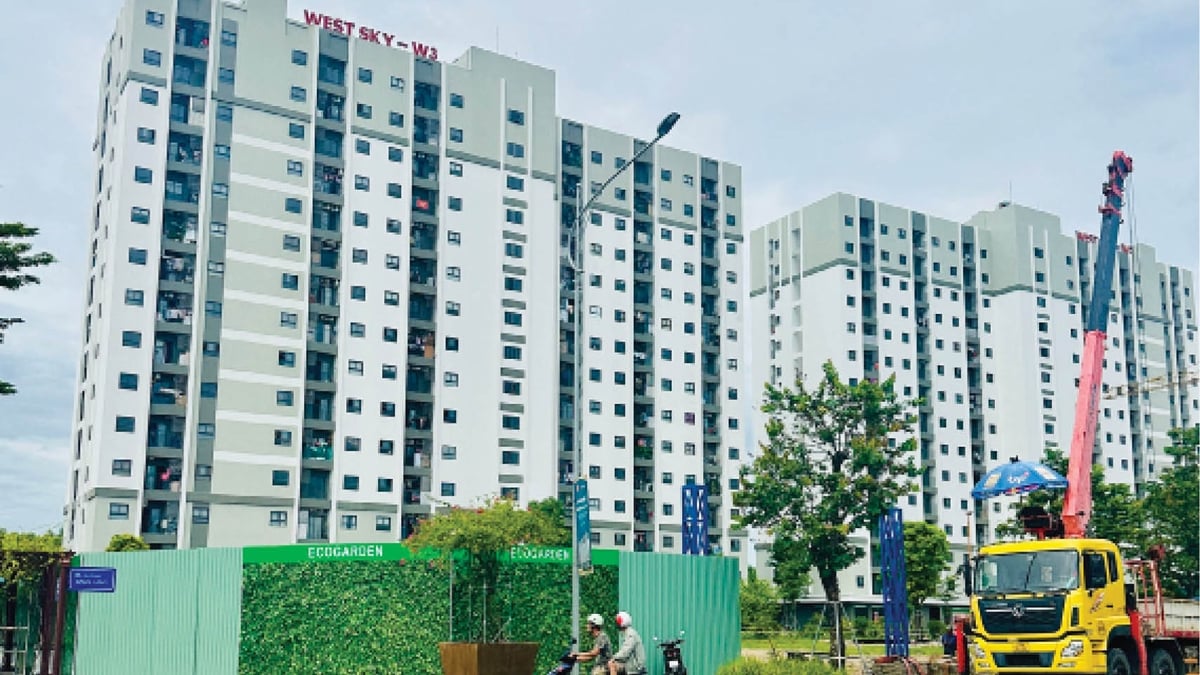
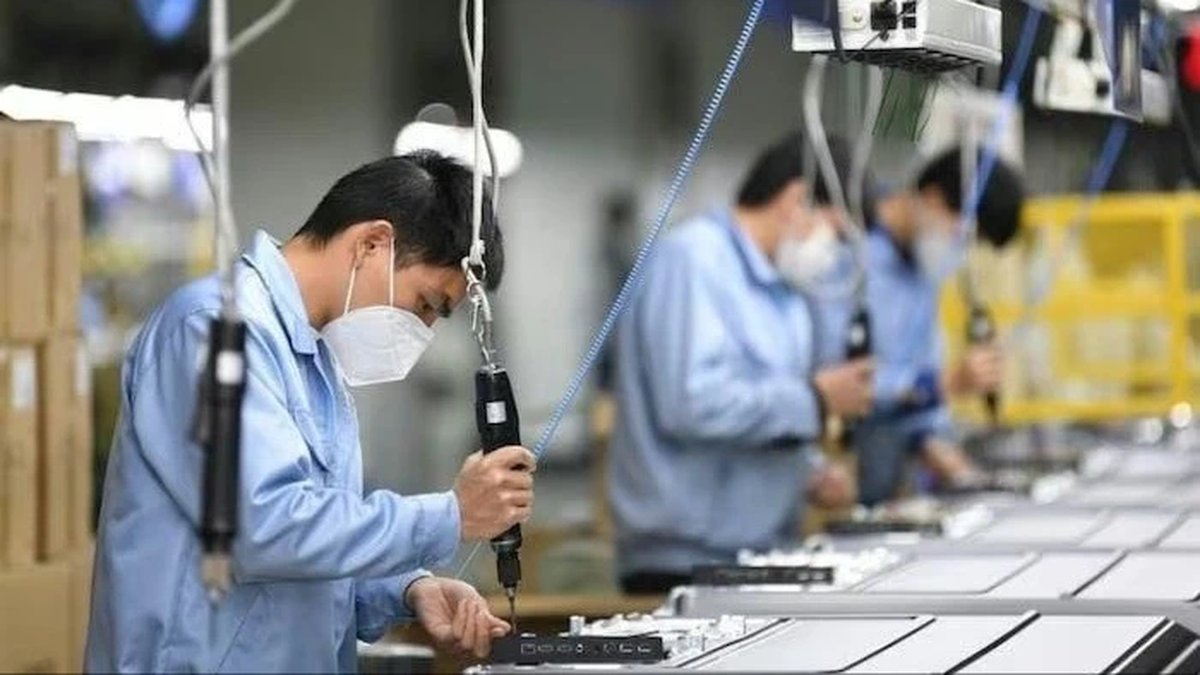
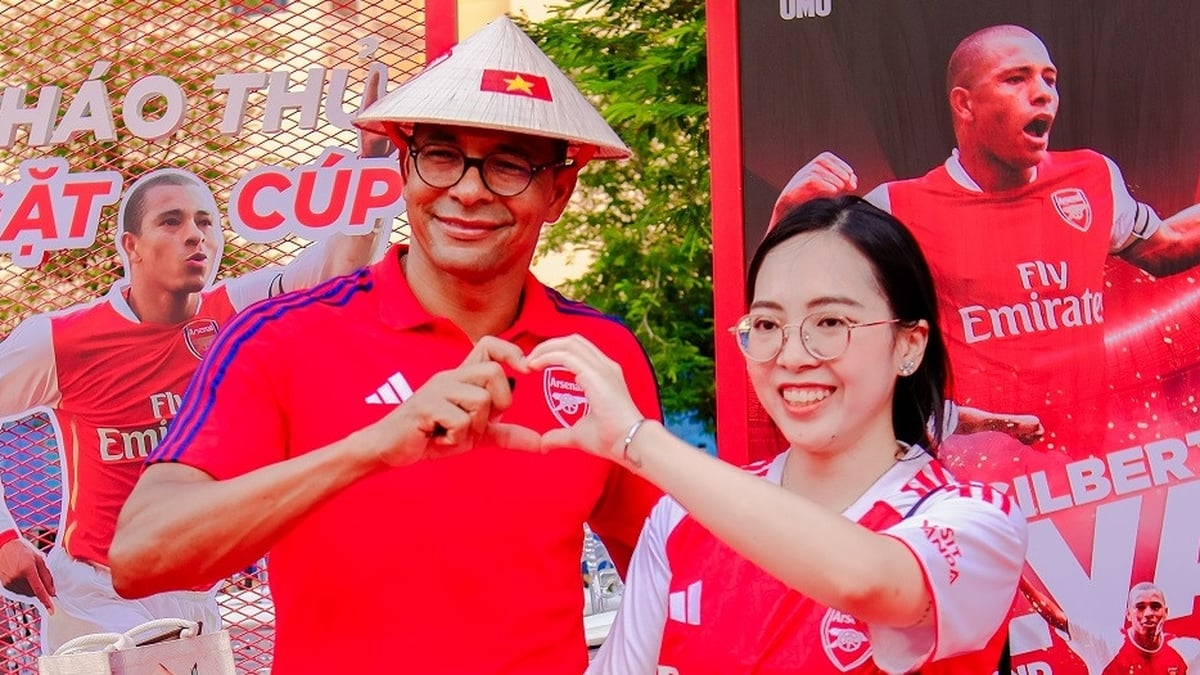
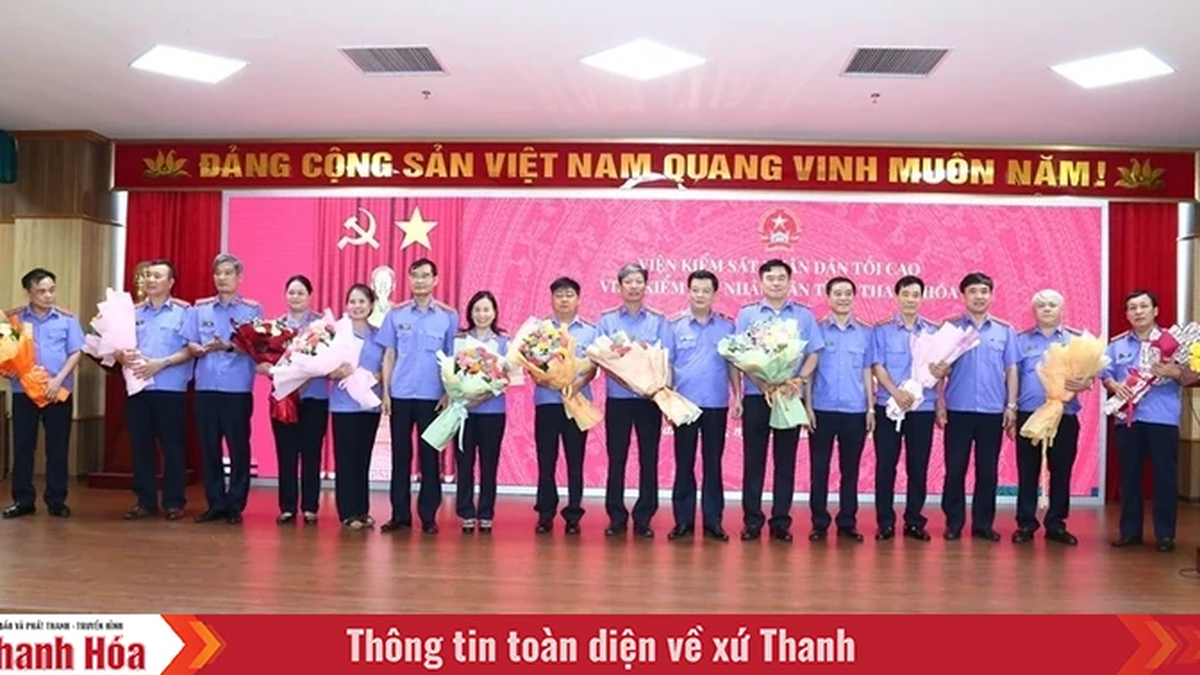
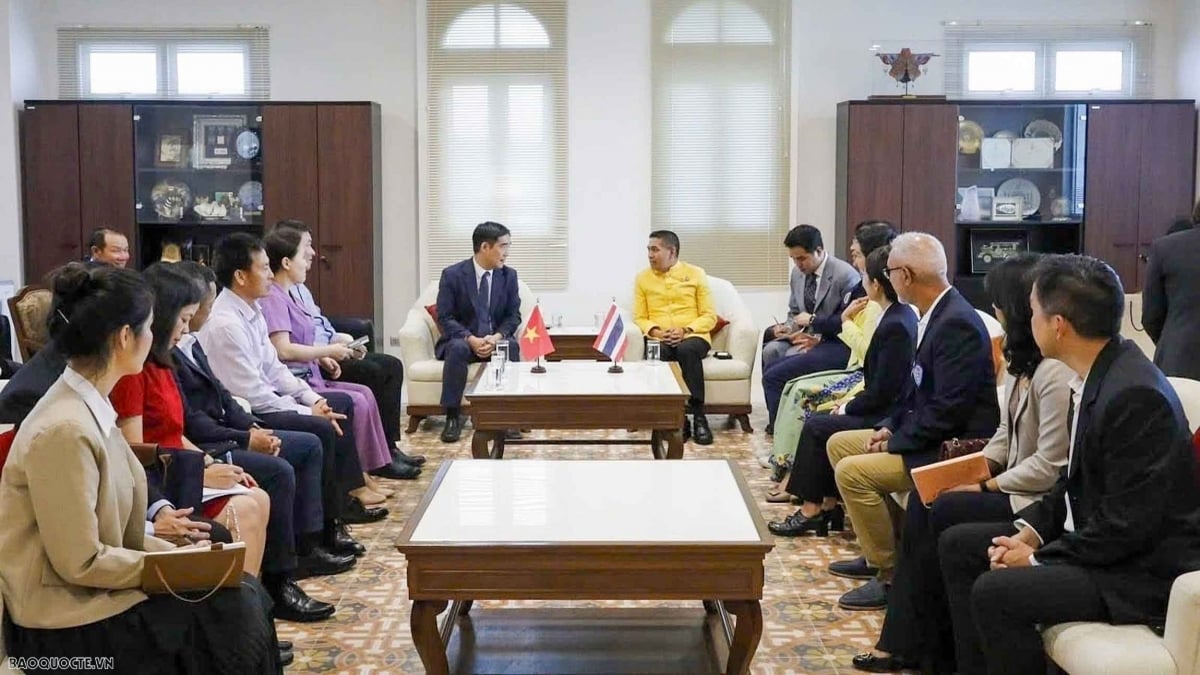
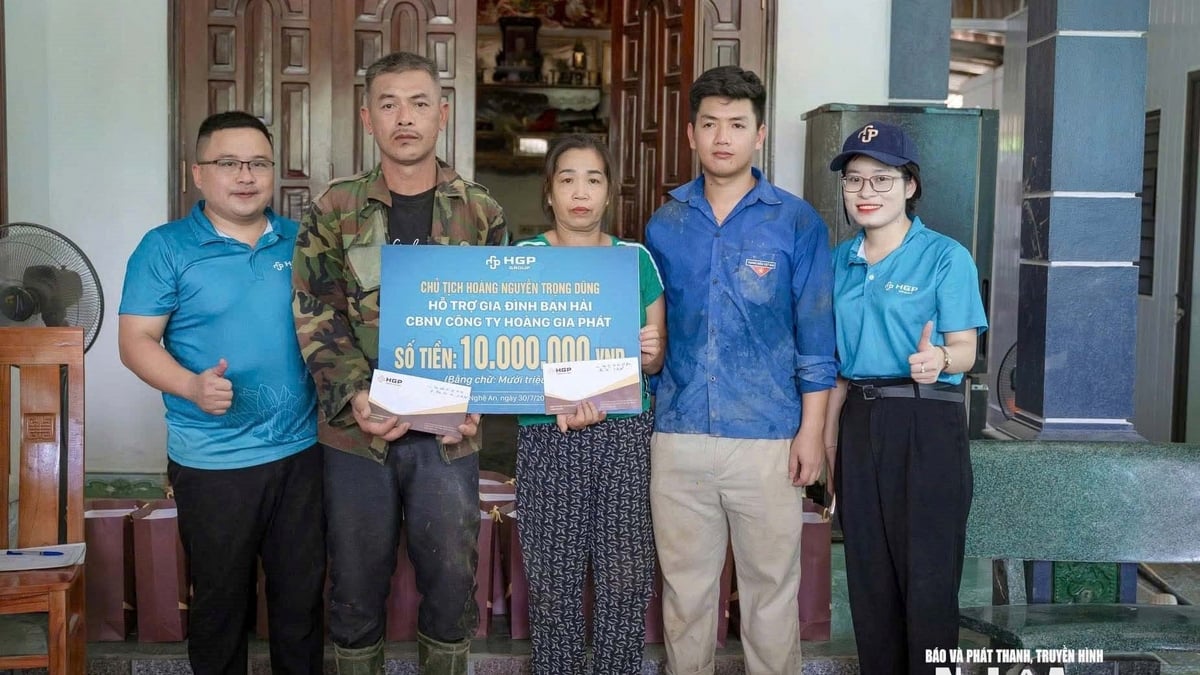

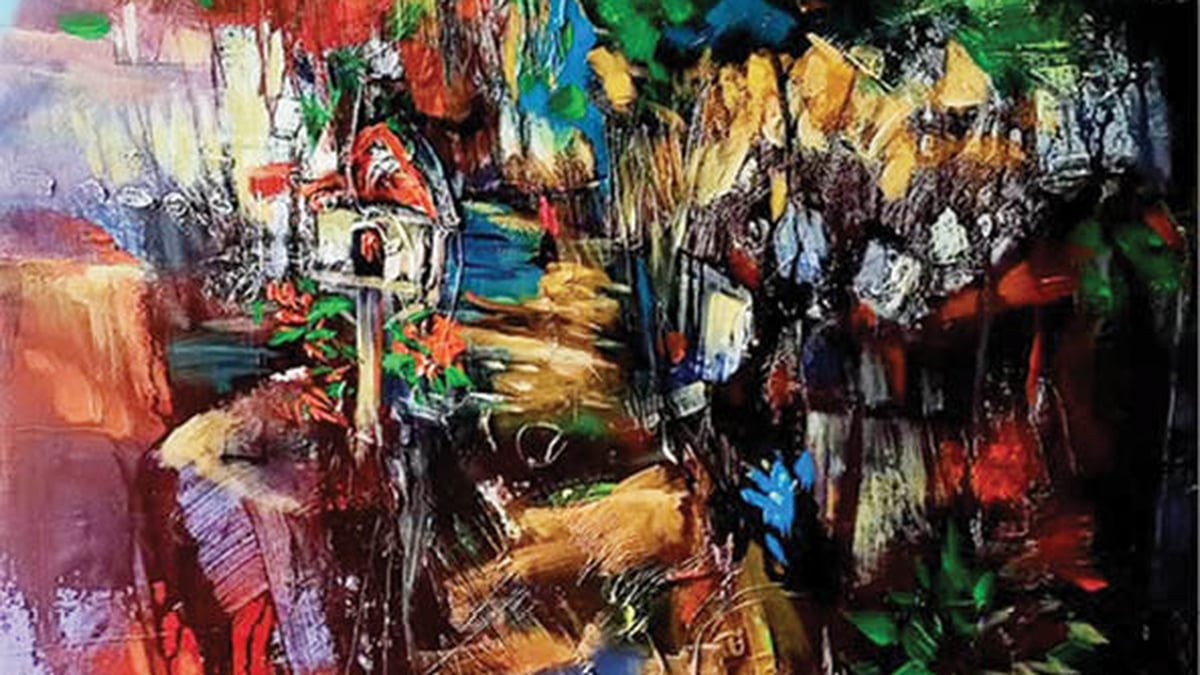
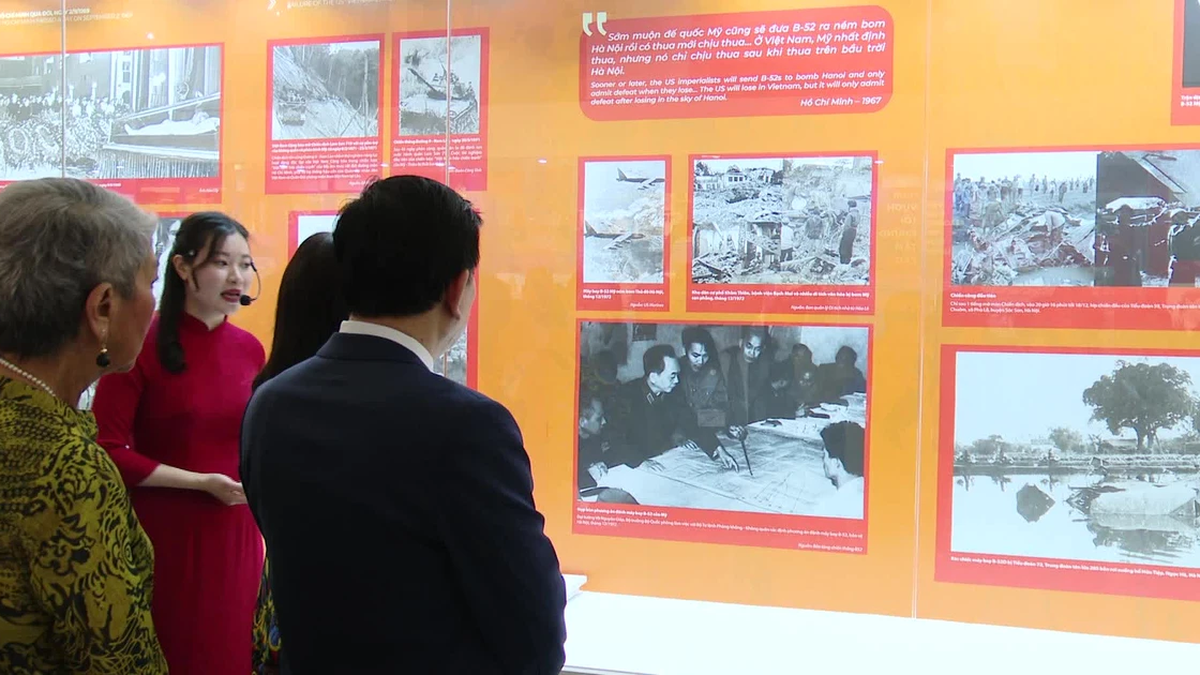
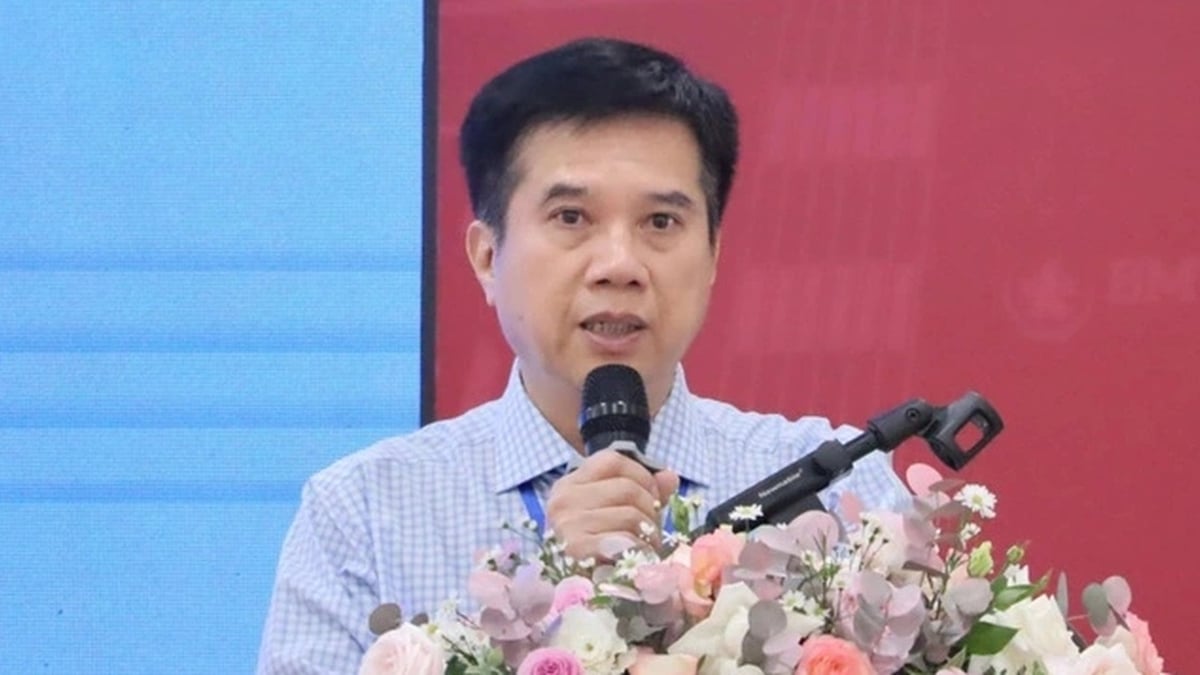























































































Comment (0)